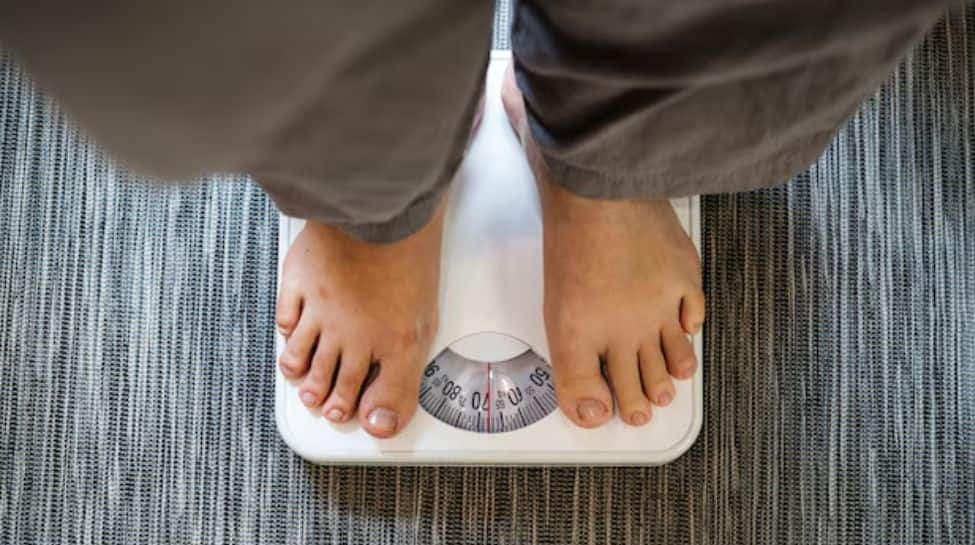Promoting HIV testing is pivotal, advocating for proactive government initiatives that offer confidential testing
As World AIDS Day approaches in 2023, the alarming rise in people living with HIV (PLHIV) is accompanied by a surge in the stigma surrounding the disease, emphasising the critical need to break the silence and raise awareness.
With 24 HIV-afflicted individuals reported as of August 2022, Dr Dilip Gude, Senior Consultant Physician at Yashoda Hospitals, Hyderabad, India highlights the transformative advances in HIV treatment, making PLHIV less contagious and decreasing viral load.
Promoting HIV testing becomes a pivotal strategy, advocating for proactive government initiatives that offer confidential testing. Achieving testing rates close to 98-99% could significantly impact reducing new HIV cases.
Beyond the physical aspects, the mental health of HIV-afflicted individuals varies, emphasising the urgency to dismantle societal stigmas and taboos associated with the disease.
Transmission awareness, including needle stick injuries and non-sterile medical procedures, should be a focal point for comprehensive education.
The societal shift towards greater awareness is crucial not only for curbing HIV transmission but also for improving the mental well-being of PLHIV.
Early education on safe sex practices in educational institutions becomes imperative, with a focus on open discussions about condom usage.
Addressing condom-related issues, such as tears, reinforces the importance of immediate post-exposure prevention, especially for individuals relying on vasectomy/tubectomy.
Combatting stigmas against PLHIV involves dispelling judgmental notions, challenging opinions like blaming choices for contracting HIV, and recognising that everyone is susceptible, regardless of their background or choices.
The potential consequences of stigmatisation, discouraging testing and increasing HIV spread, underscore the urgency to foster a non-judgmental and inclusive approach.
In conclusion, discriminatory practices faced by PLHIV, including healthcare workers’ refusals, societal bans, and social isolation, are deemed unethical and require education and awareness.
The establishment of support groups becomes paramount, providing a platform for open discussions on fears, taboos, and discrimination faced by those living with HIV.















































